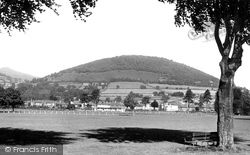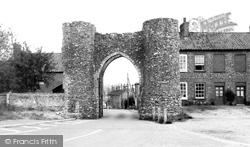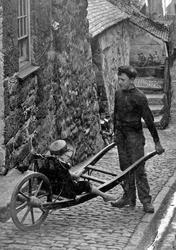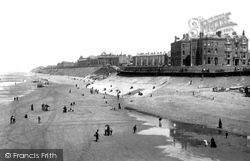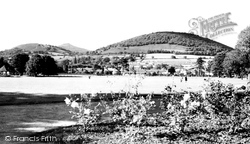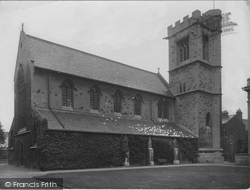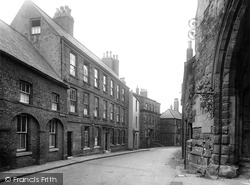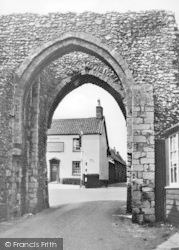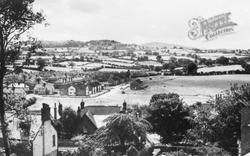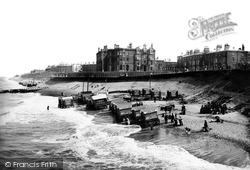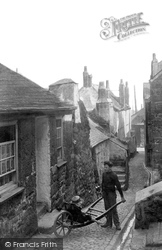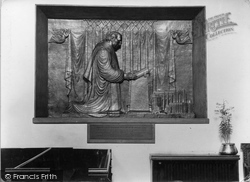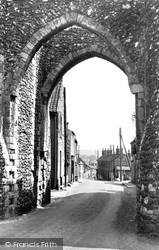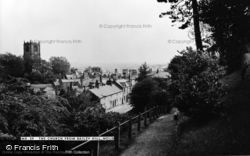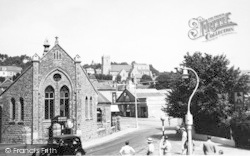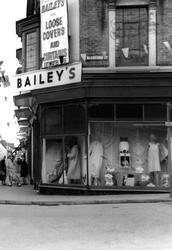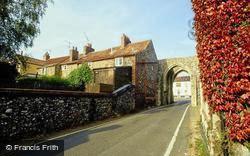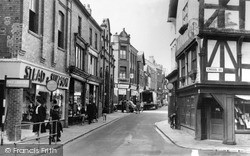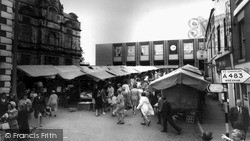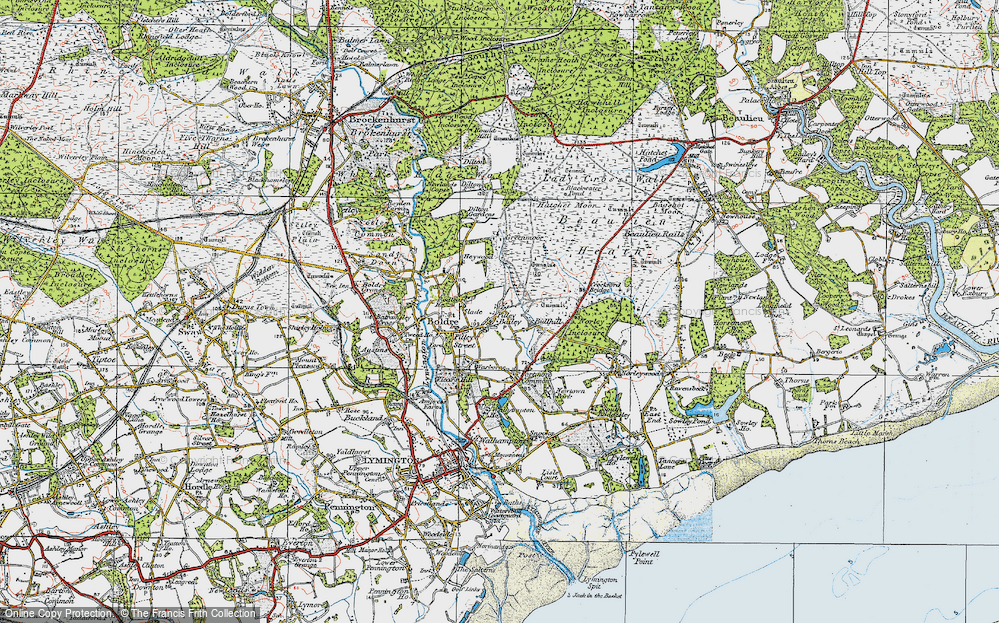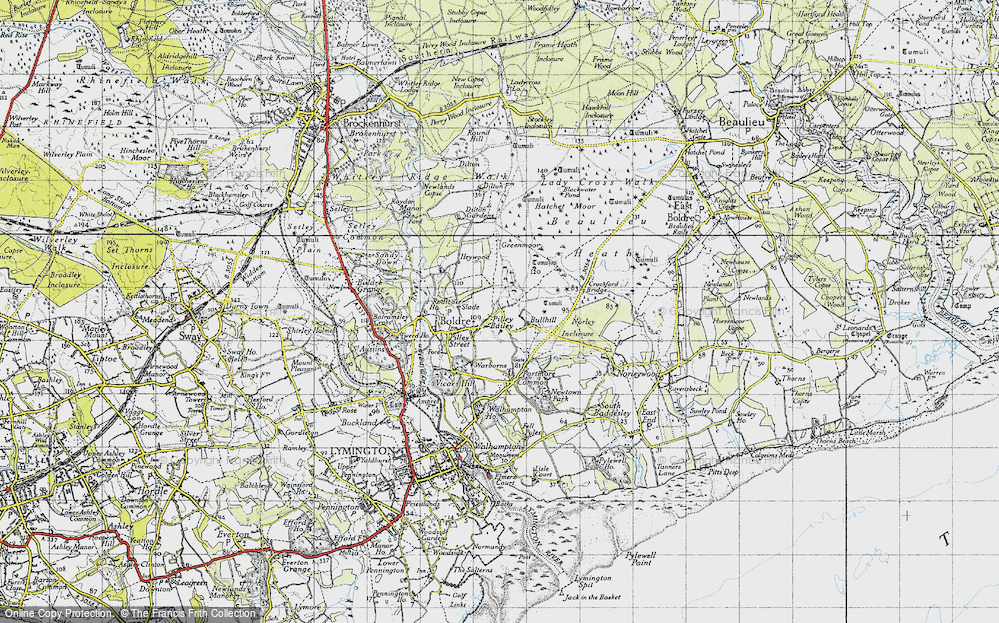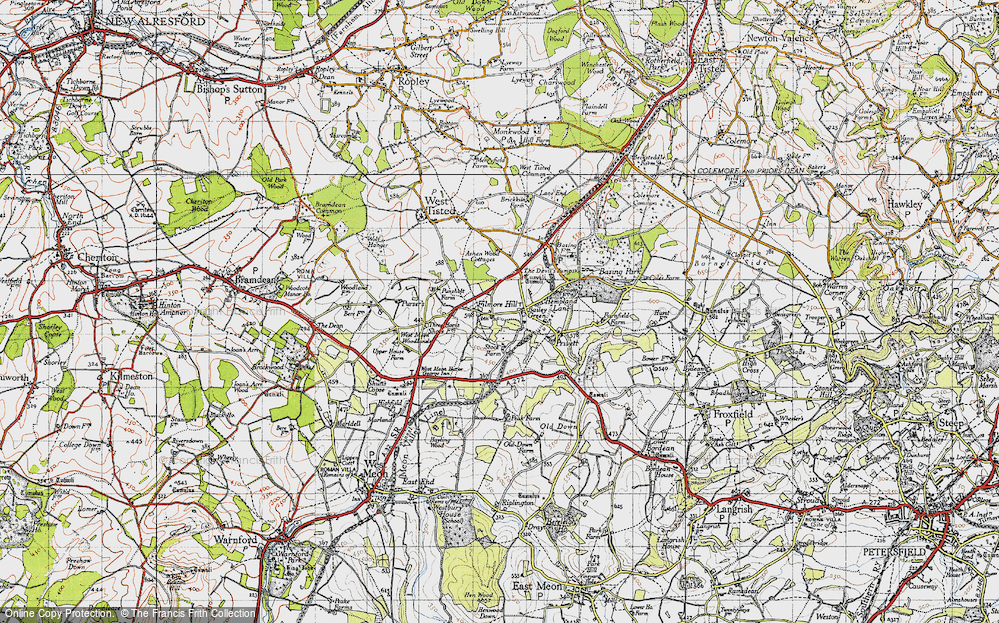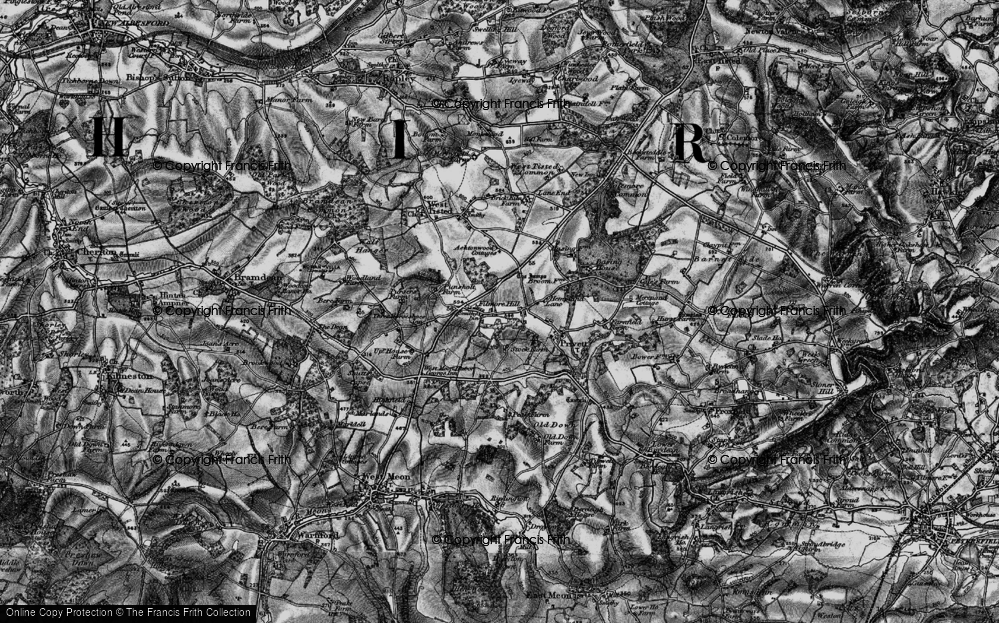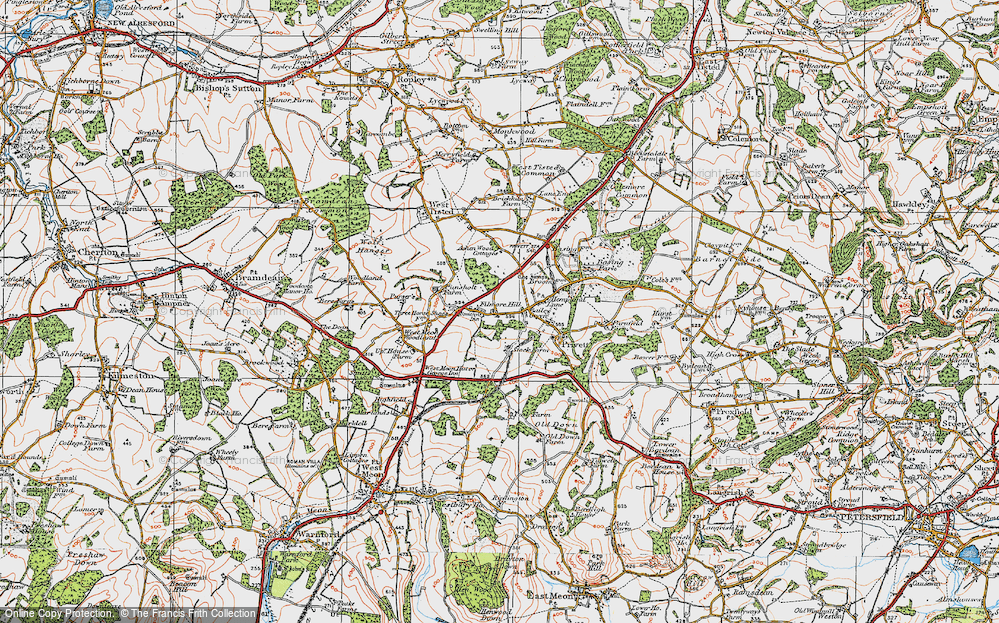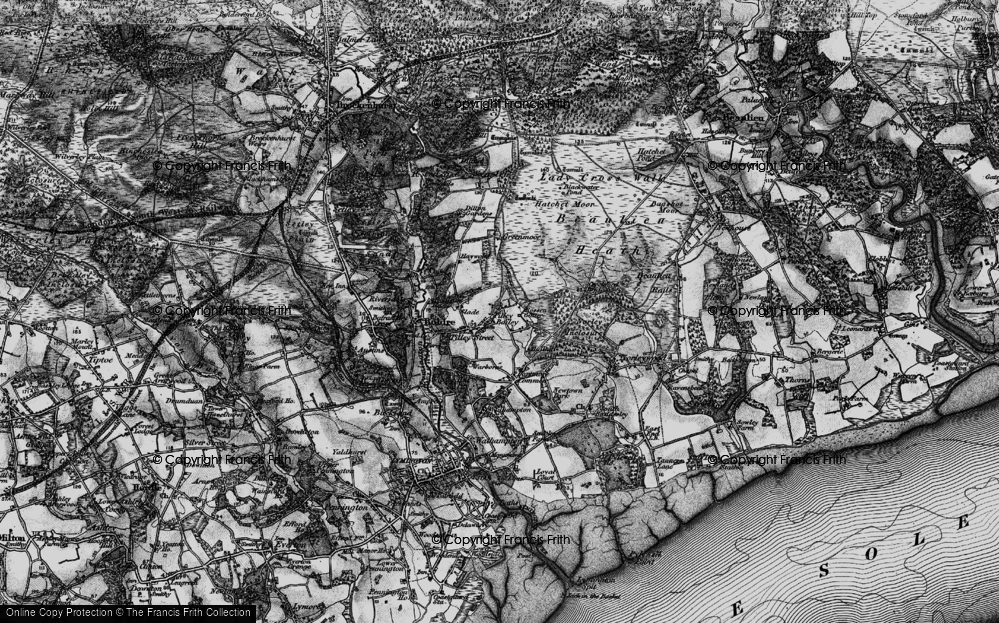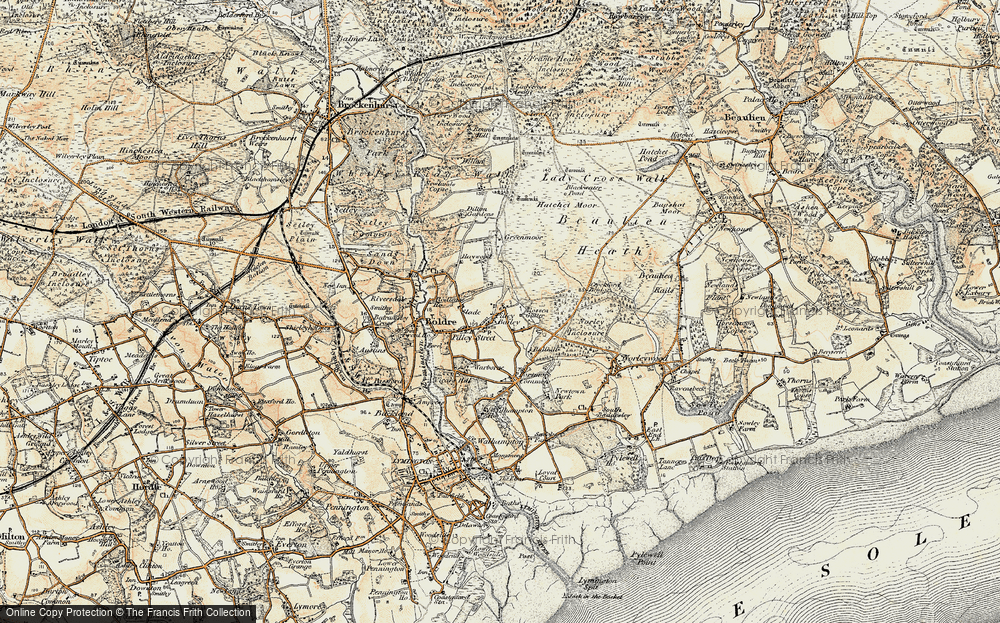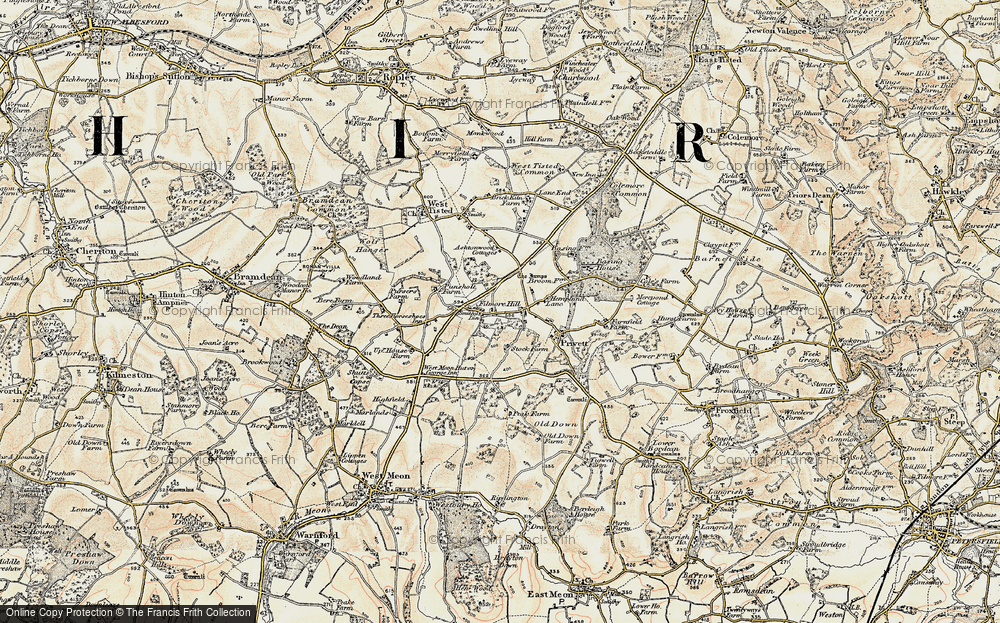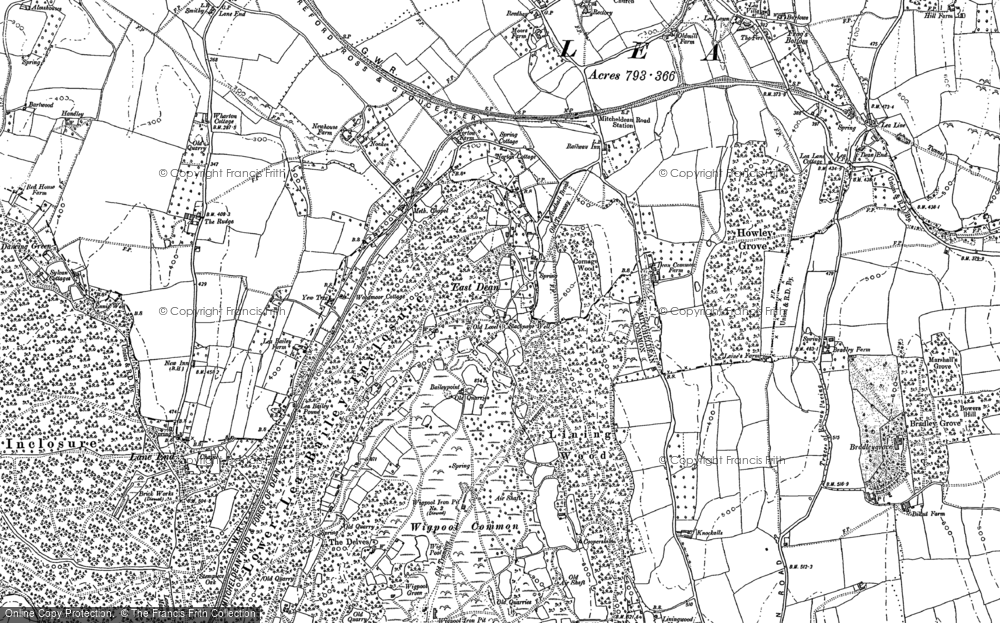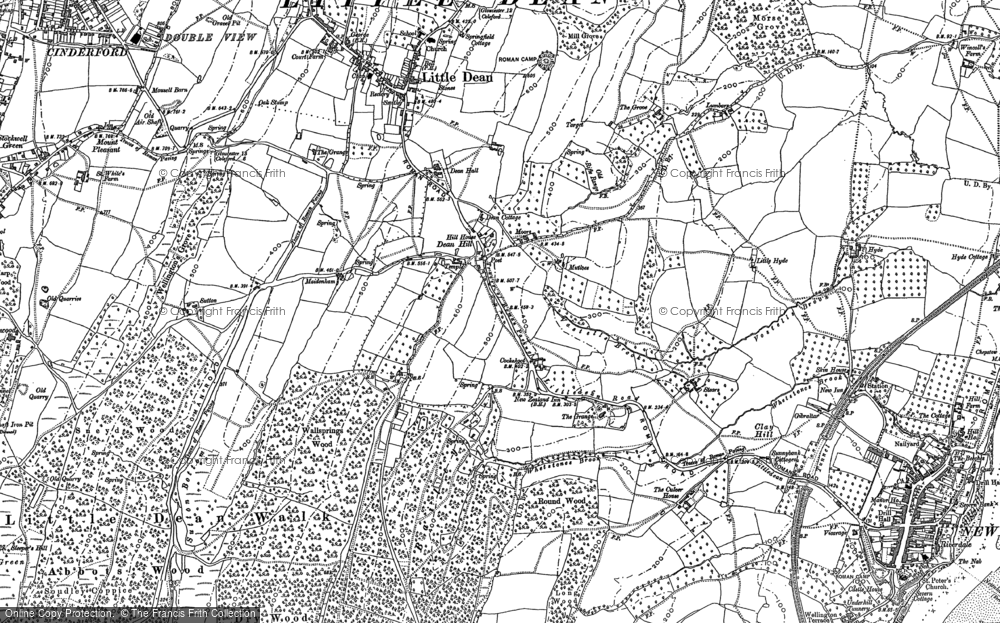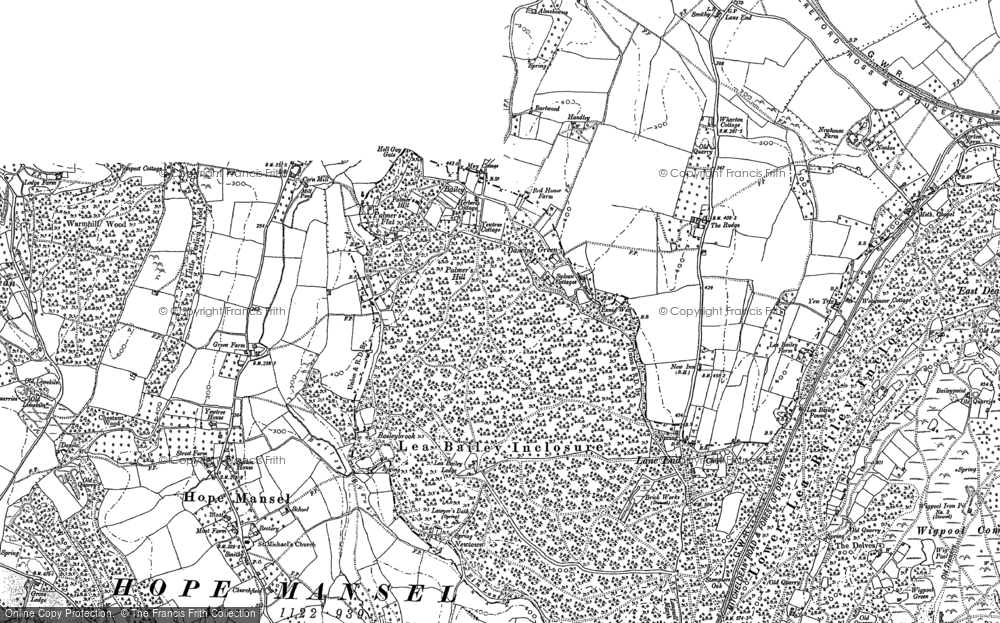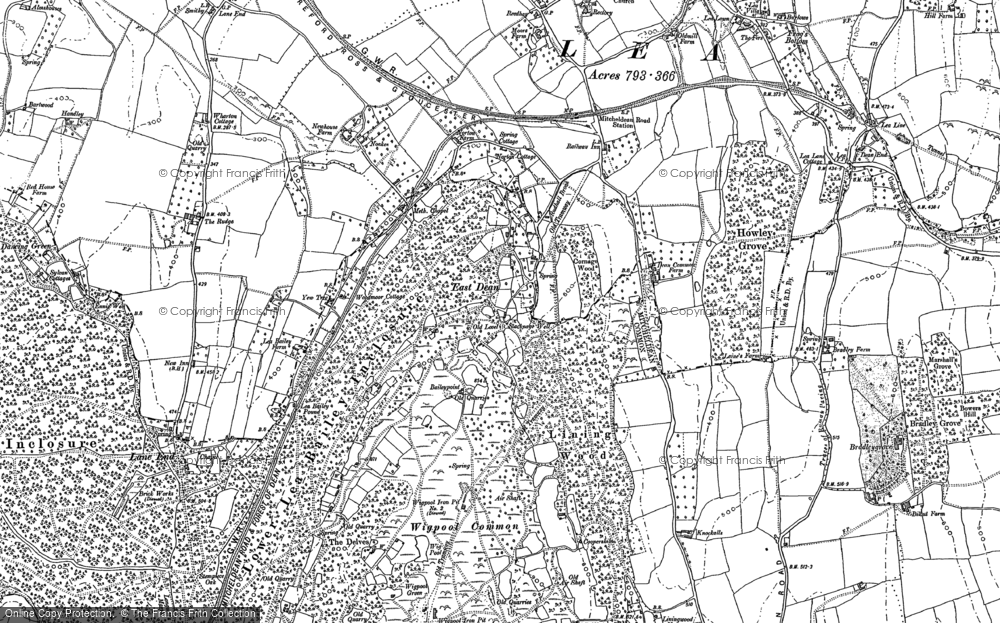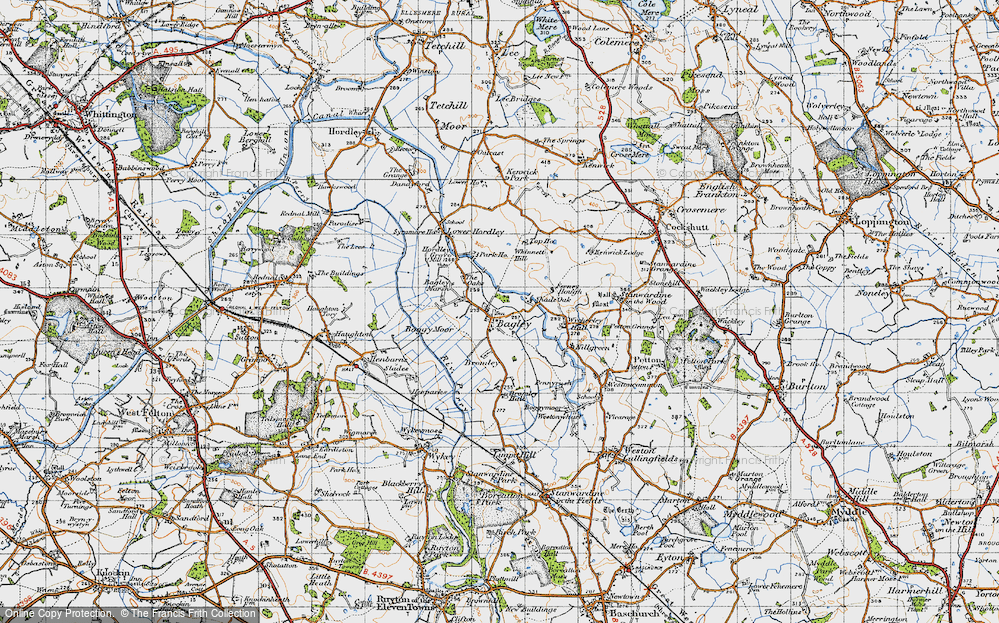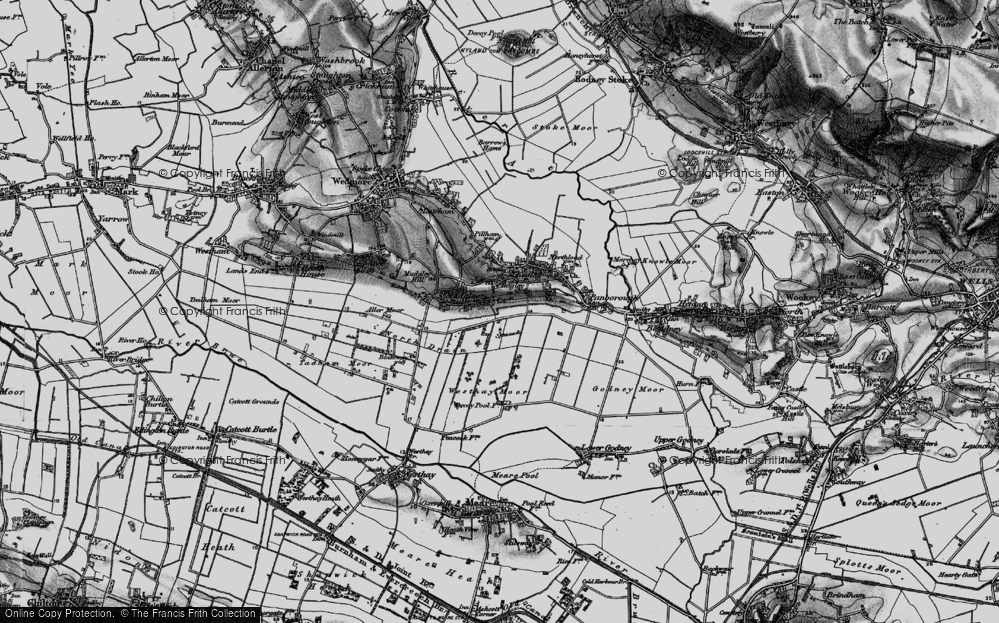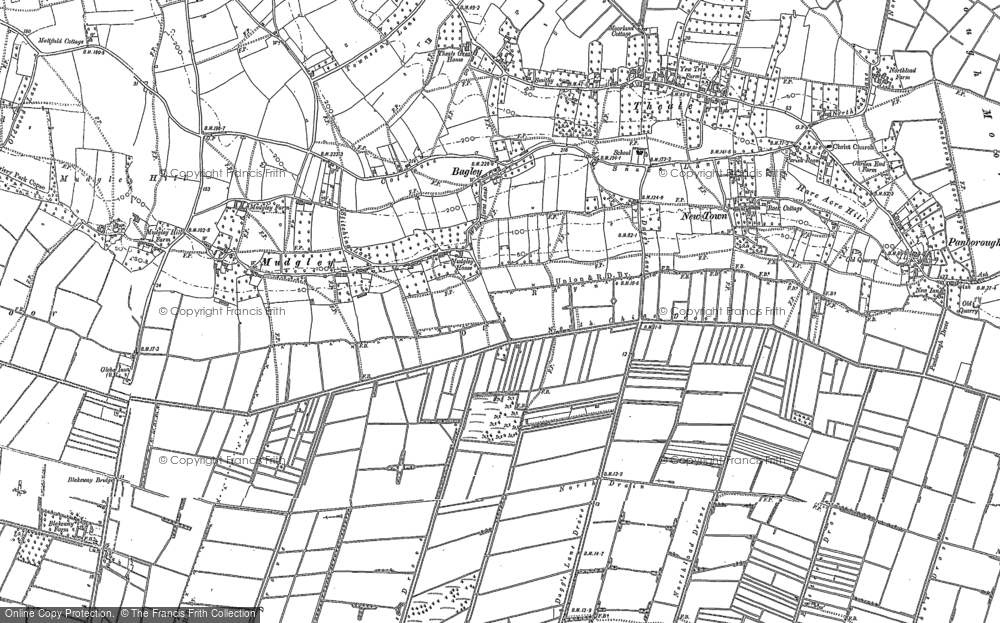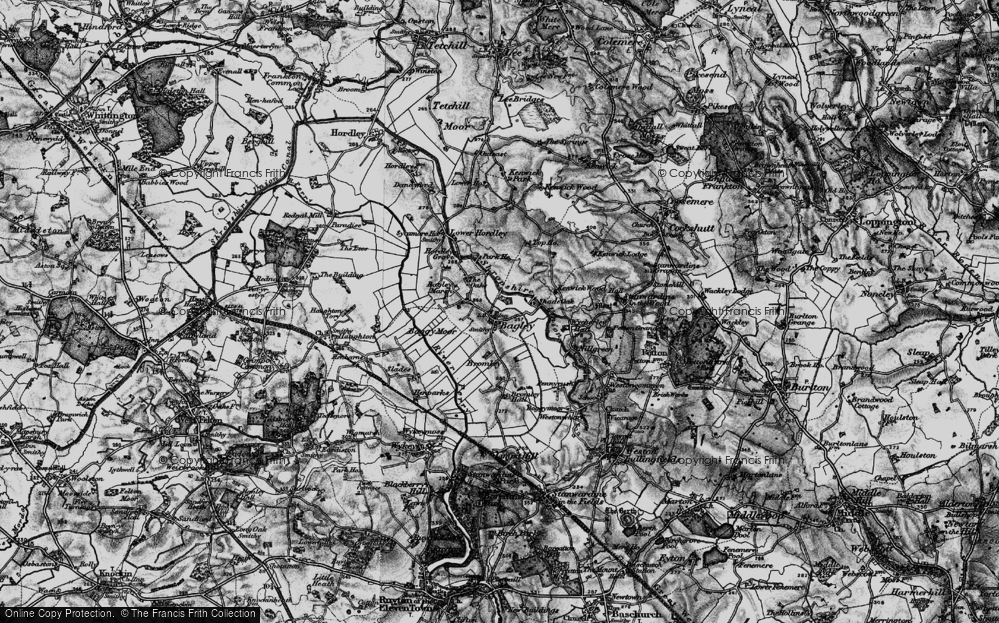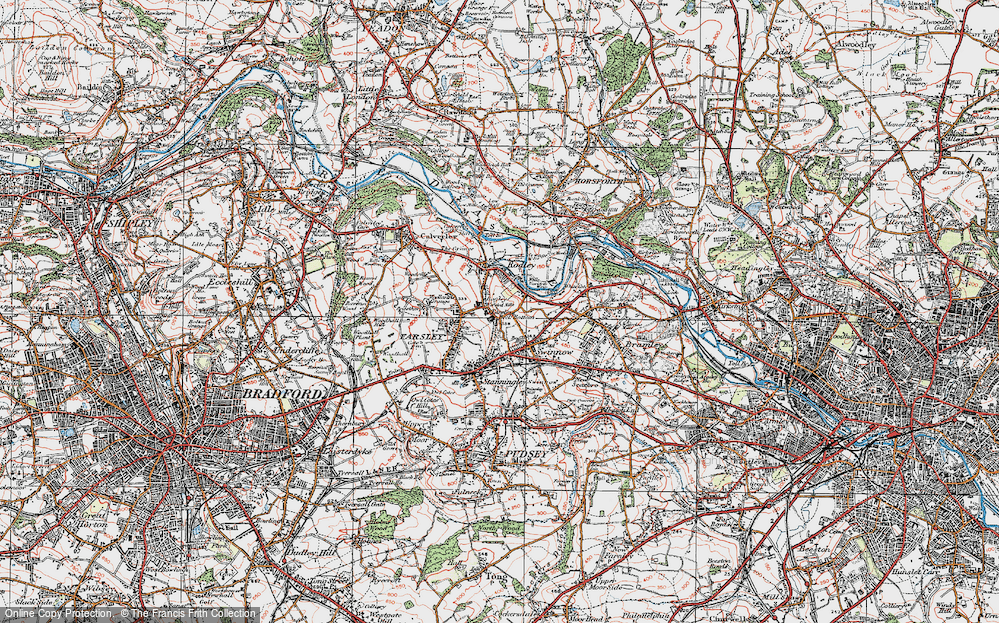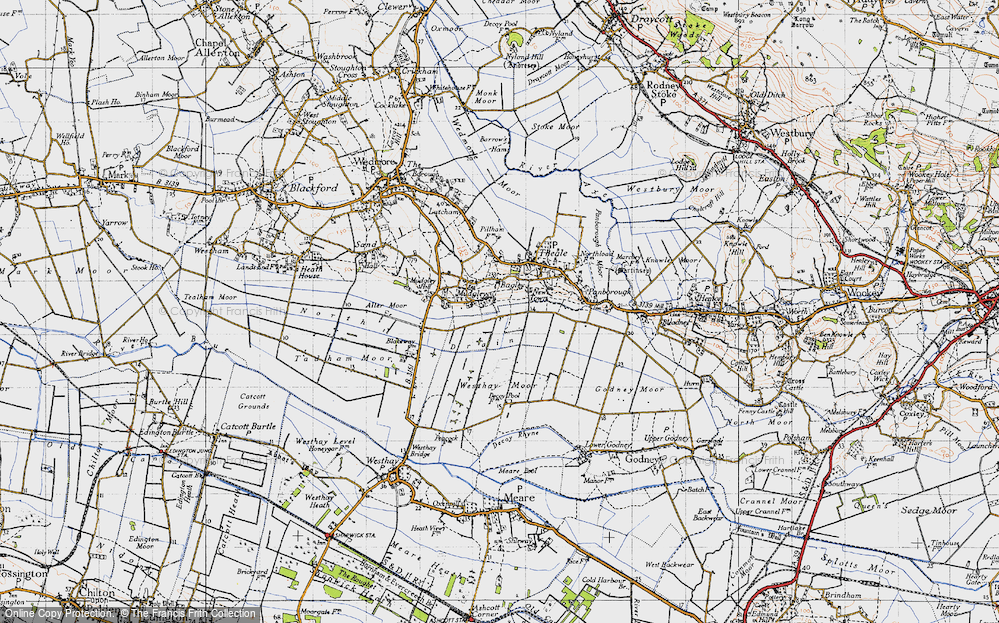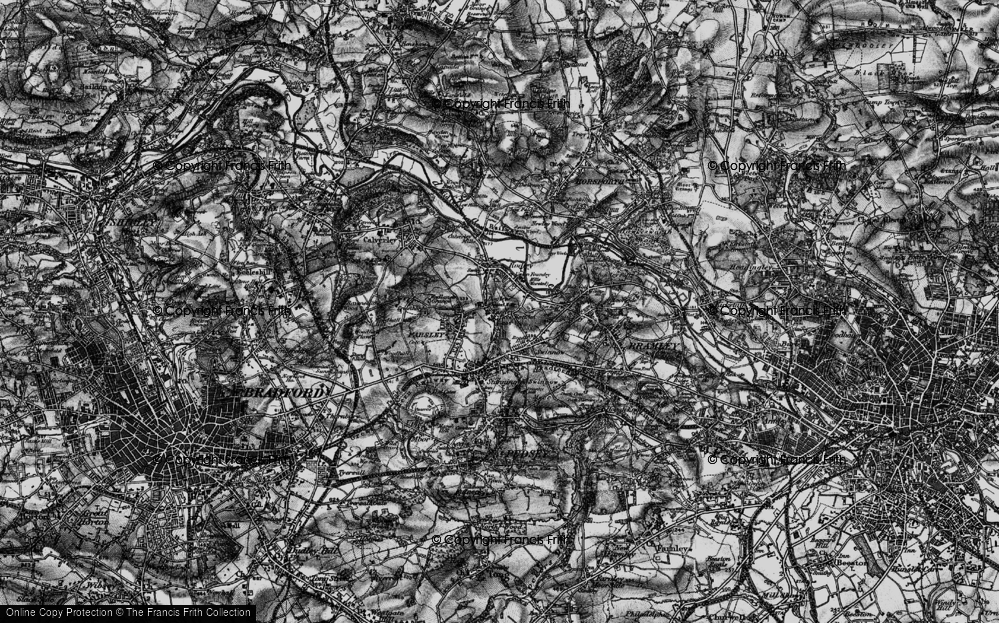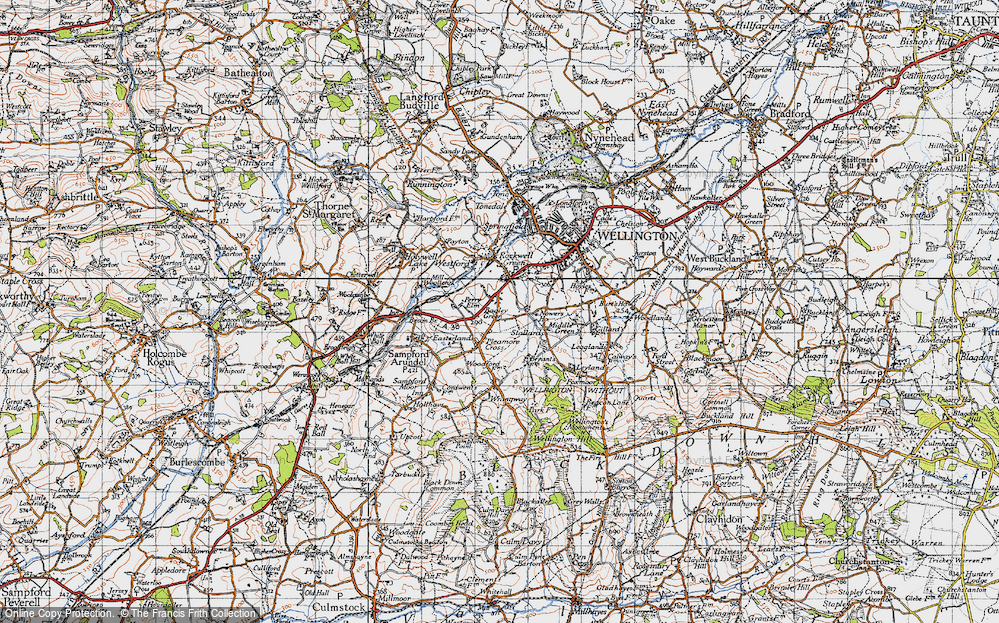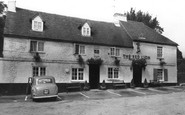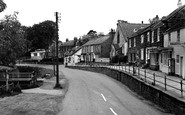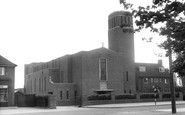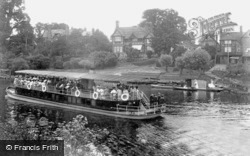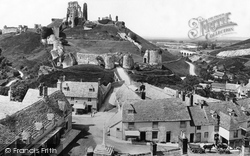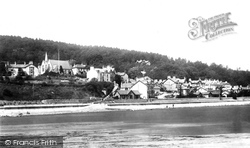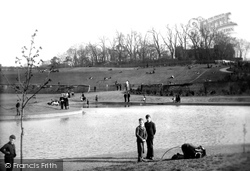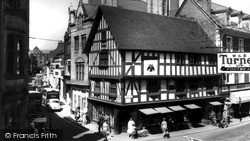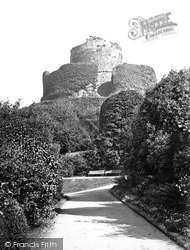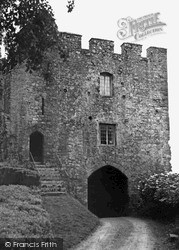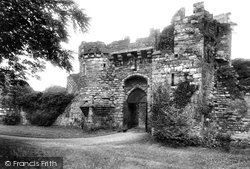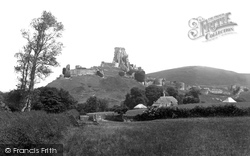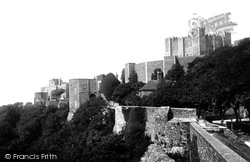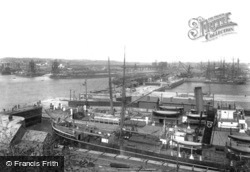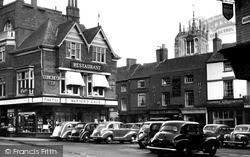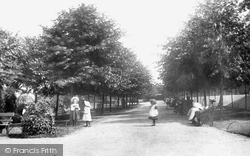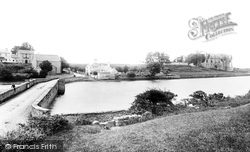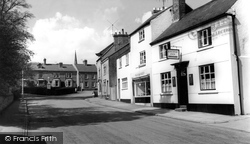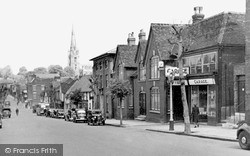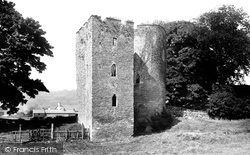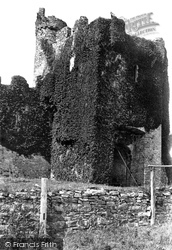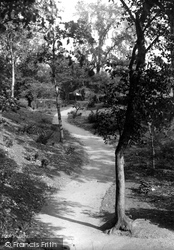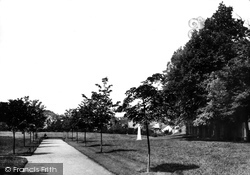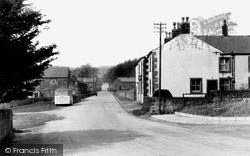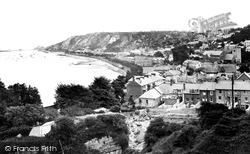Merry Christmas & Happy New Year!
Christmas Deliveries: If you placed an order on or before midday on Friday 19th December for Christmas delivery it was despatched before the Royal Mail or Parcel Force deadline and therefore should be received in time for Christmas. Orders placed after midday on Friday 19th December will be delivered in the New Year.
Please Note: Our offices and factory are now closed until Monday 5th January when we will be pleased to deal with any queries that have arisen during the holiday period.
During the holiday our Gift Cards may still be ordered for any last minute orders and will be sent automatically by email direct to your recipient - see here: Gift Cards
Places
3 places found.
Those places high-lighted have photos. All locations may have maps, books and memories.
Photos
28 photos found. Showing results 1 to 20.
Maps
63 maps found.
Books
Sorry, no books were found that related to your search.
Memories
175 memories found. Showing results 1 to 10.
The Brickyard Charlwood
I lived at Lowfield Park Lodge on the Charlwood Road (from the long-disappeared Lowfield Heath) from about 1950 to 1962, and I believe the house was demolished around 1965(???) to make way for the expansion of Gatwick ...Read more
A memory of Charlwood in 1950 by
The Red Lion And The Square
My parents ran the Red Lion between 1953-83. I was brought up here and went to Blendworth School, Mrs Byrne was the headmistress. The pub was situated on a tight bend on the old A3 and was regularly hit by vehicles unable ...Read more
A memory of Horndean in 1960 by
Missing Home
I was born in Wales and lived at 3 Bailey Street until moving to Canada at age 10. All of my memories of Cwm are wonderful ones, sliding down the mountain on cardboard, wading in the river behind our house, climbing the hill to play at the ...Read more
A memory of Cwm in 1966 by
Maelog Lake Hotel
A schoolfriend of my former wife (now sadly deceased) married a Rhosneigr man and lived in the village. In order to visit them my wife, I and our year old daughter visited Rhosneigr first in 1971, again in 1973 and for the last ...Read more
A memory of Rhosneigr in 1971 by
Wartime Memories
I well remember living in the village from 1940 to 1944 being evacuated there as a 6 year old from the East End of London. I lived very close to the war memorial and attended school set up for evacuees in the cricket pavilion on ...Read more
A memory of Warborough in 1940 by
Gribdale Terrace
My memories of Ayton are through Gribdale, I had many relations who lived there, like the Bailey family. If anyone can give me information on any of them, it would be welcome. Thank you. Regards, Albert.
A memory of Great Ayton in 1930 by
Our Lady Of Walsingham Church And School
Attending the Senior School, my memories are of the dinner dances that where held in the school hall to raise money to pay for the church and school, many of the events where organised by the local church ...Read more
A memory of Corby in 1961 by
Betton A Rural Idyl
I literally stumbled upon this website and have been interested to read the memories of people who lived in Betton, a place well known to me. I lived there as a wartime evacuee in the 1940s, and Marc Chrysanthou's ...Read more
A memory of Market Drayton in 1940 by
Highgate Village In The 1960s
What I am most interested in writing about is how Highgate Village has changed so much since my school days, growing up there in the 1960s. Today most of the shops are coffee shops, estate ...Read more
A memory of Highgate in 1965 by
Amazing Discovery At Rushton Spencer Church !! 1956
My late father, W Gary Bailey, and my grandfather, Master Builder W Lloyd Bailey (who built all of the houses on Brown Lees Road, Brown Lees ) were conducting maintenance work at the church, namely ...Read more
A memory of Biddulph in 1956 by
Captions
113 captions found. Showing results 1 to 24.
There were six houses at Kepax and around 1906 all were occupied by the Bailey family. The Ferryman, Mr Bailey, had the Ferry House and his married daughters had the others.
William the Conqueror's original royal fortress was a wooden tower on the motte, which in later generations would form the upper bailey.
In the centre, we can see Bailey Lane climbing steeply up towards Crown Hill, with the railway crossing keeper's house to its right at the bottom.
Beyond were firstly Roman houses and then Anglo-Saxon: all were cleared to make the outer bailey for the Norman castle. Behind are the tree-clad ramparts of the inner bailey along the ridge.
The road on the left, Bailey Street, leads to the bailey of the old castle, and is now a pedestrianised shopping area.
Launceston Castle is of the classic motte and bailey design: a high central tower stands on a mound surrounded by the bailey defences.
Launceston Castle is of the classic motte and bailey design: a high central tower stands on a mound surrounded by the bailey defences.
Launceston Castle is of the classic motte and bailey design: a high central tower stands on a mound surrounded by the bailey defences.
Trematon was a 12th-century motte and bailey castle. It was extensively rebuilt in the 13th century with a shell keep, bailey wall, and a strong gatehouse on the south-west side.
The southern gateway of the outer bailey once guarded a small dock situated where the moat met a channel dug from the sea.
Masonry rises on the skyline from the Butavant Tower (left) and the walls of the west bailey to the 80ft-high keep and the south-west gatehouse.
Henry II's great keep stands high above the mural towers of the inner bailey. It was under Henry and his son Richard I that Dover was transformed into one of the greatest fortresses in the kingdom.
This is Channel Dry Dock, later to become Bailey's, with the SS 'Eastgate' moored in the dock. Behind, in the basin, is one of the usual sights in the Docks in the 1890s - the masts of sailing ships.
Both Warner's and Bailey's across the square were well-frequented on market days.
Much of this avenue survives the outer bailey, although it is now bounded by 1920s low walling, and the ornate benches have been replaced by more utilitarian ones.
Originally a motte and bailey, it was extensively developed by Sir Nicholas Carew and, after his death in 1311, by his son.
The Infantryman memorial is still central to this view of the Anchor Inn and Bailey's the butcher's; note the little child passing the unmarked post office.
The fine brick-faced buildings on the right are Frank Bailey's garage, with a repairs workshop behind. It is still a car showroom, though much enlarged.
Originally it was a timber stronghold of the motte and bailey, and belonged to the de Turberville family. When rebuilt in stone it featured both a shell keep and a shell gatehouse.
The first castle at Manorbier was probably a motte and bailey erected by Odo de Barri.
This sylvan path winds down from the castle inner bailey towards Park Lodge, and then through the Roman wall to more open parkland with the boating pool and the River Colne.
This is the Mayor's Walk along the north side of the keep and within the inner bailey.
Beside the drive leading to Stonyhurst park stands the Bayley Arms Hotel, whose name is a reminder of the original holder of the manor, Otto de Bailey.
The gable end of the shop visible in the centre reads 'J Bailey, Family Butcher'.
Places (3)
Photos (28)
Memories (175)
Books (0)
Maps (63)




